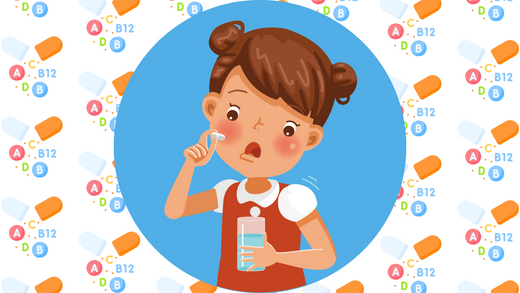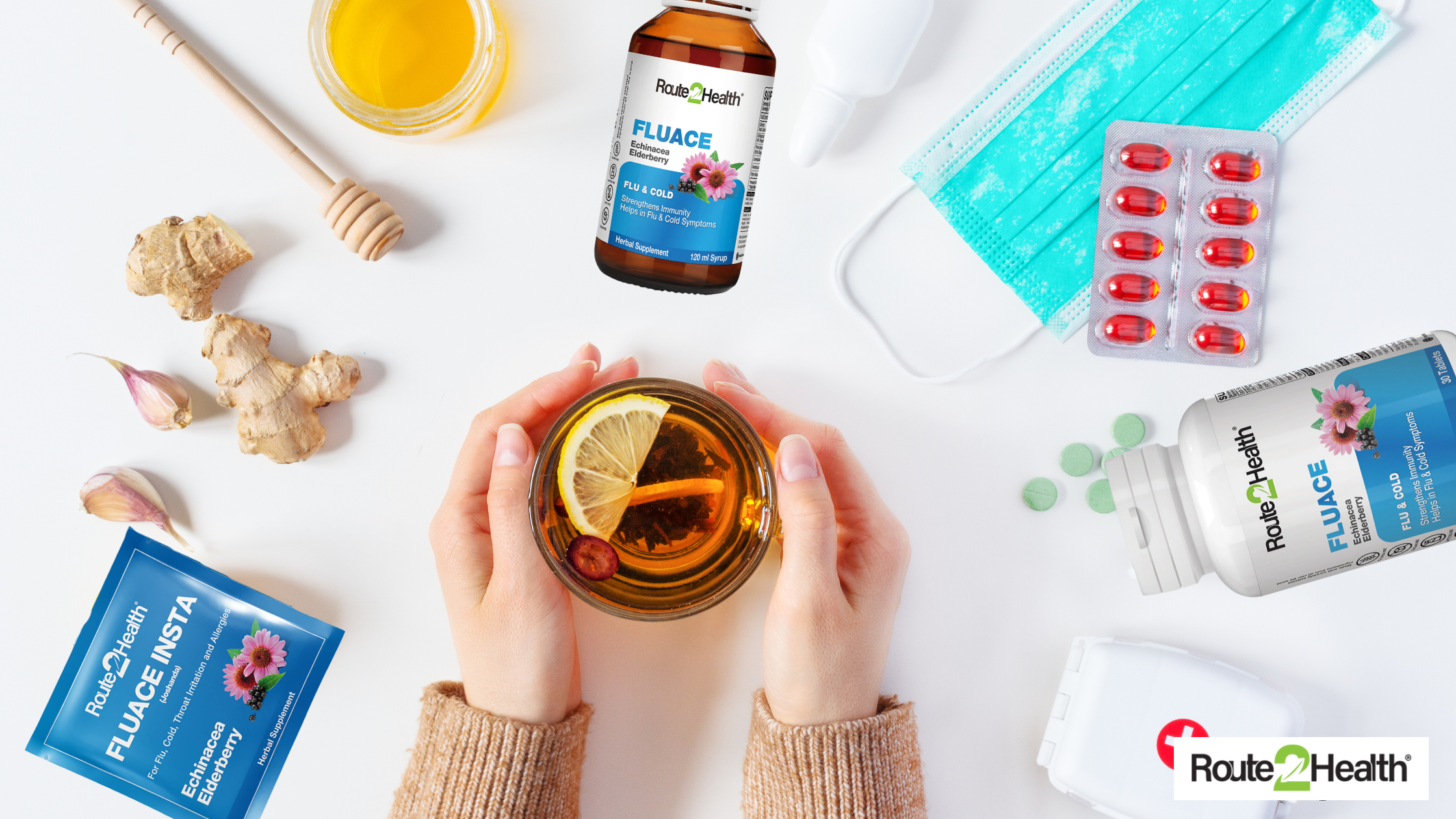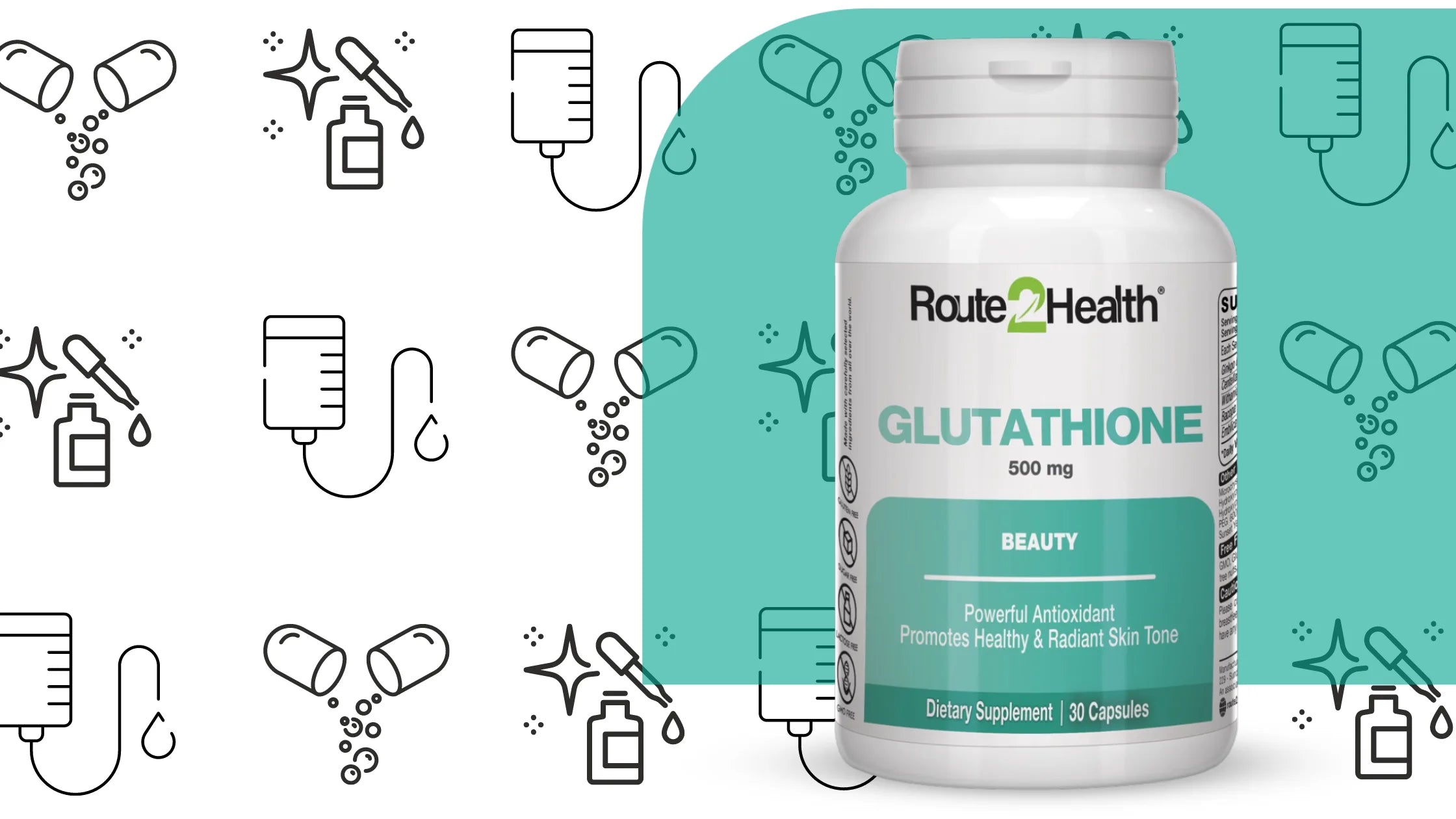
Do Kids Need Vitamin Supplements?
Imagine your child refusing yet another plate of broccoli or pushing away their glass of milk. As a parent, you might wonder: "Are they getting all the vitamins they need?" This question plagues countless households, and with the rise of vitamin supplements for kids, many parents are left wondering, do kids need vitamins in supplement form to grow healthy and strong? Let’s delve into the role of vitamins in children’s health, their benefits, and whether supplements are truly necessary.
Why Are Vitamins Important for Kids?
Vitamins play a crucial role in a child’s growth, development, and overall well-being. These micronutrients help support everything from strong bones to a robust immune system. Unlike macronutrients such as proteins and carbohydrates, vitamins are needed in smaller quantities, but their impact is no less significant.
For instance, Vitamin D is vital for healthy bones and teeth because it aids in calcium absorption. Vitamin A supports vision, especially in low-light conditions, while Vitamin C strengthens the immune system and helps heal wounds. Each vitamin serves a unique purpose in ensuring a child’s optimal health.
Research shows that nutritional deficiencies during childhood can lead to long-term health problems. A 2021 study published in the Journal Acta Biomedica (ActaBiomed) highlights that children with inadequate vitamin intake often face developmental delays, weakened immunity, and even behavioural issues.

Important Vitamins for Kids at All Ages
Vitamins are essential nutrients that our bodies need to function properly. They play a critical role in a child’s development, supporting everything from immune health to brain development.
Children require a variety of vitamins for optimal health:
- Vitamin A: Crucial for healthy vision, growth, and immune function.
- Vitamin C: Supports the immune system and helps the body absorb iron.
- Vitamin D: Essential for bone growth and calcium absorption.
- B Vitamins (like B6 and B12): Aid in energy production and red blood cell formation.
-
Vitamin E: Protects cells from damage and supports the immune system.
Studies have shown that vitamin deficiencies in children can lead to health issues such as poor growth, weakened immunity, and developmental delays.
Do Kids Need Vitamin Supplements?
The short answer is: it depends. Ideally, children should get all the nutrients they need from a balanced diet rich in fruits, vegetables, whole grains, protein, and dairy. However, not all children consume a perfectly balanced diet every day. Picky eating, food allergies, or specific dietary restrictions (like veganism) can make it challenging to meet their nutritional needs.
When Might Supplements Be Necessary?
- Picky Eaters: Children who refuse a variety of foods may miss out on key vitamins.
- Restricted Diets: Kids following vegan, vegetarian, or dairy-free diets may lack essential nutrients like B12, calcium, and vitamin D.
- Medical Conditions: Some conditions, such as celiac disease or lactose intolerance, can limit nutrient absorption.
- Limited Sunlight: Vitamin D deficiencies are common in kids who live in areas with little sunlight or who spend most of their time indoors.
The American Academy of Pediatrics suggests that supplements may be beneficial for children who fall into these categories.
Benefits of Vitamin Supplements for Kids
1. Improved Immunity
Vitamin C and zinc supplements can boost the immune system, helping children fight off common illnesses like colds and flu. Research by Harvard Health shows that vitamin C supports white blood cell production, a key defence against infections.
2. Stronger Bones
Vitamin D and calcium are essential for bone health. Supplements can be particularly helpful for children who don’t consume enough dairy products. A study published in the Journal of Bone and Mineral Research found that vitamin D supplementation significantly improved bone density in children (Journal of Bone and Mineral Research, 2023).
3. Enhanced Brain Development
Omega-3 fatty acids, often included in children’s multivitamins, support brain function and cognitive development. A 2022 study in the American Journal of Clinical Nutrition highlighted the benefits of DHA (a type of Omega-3) in improving memory and learning in school-aged children (AJCN, 2022).
4. Better Energy Levels
B vitamins like B12 and folic acid help convert food into energy. Supplements can ensure children have adequate levels to support their active lifestyles, especially if their diet lacks variety.
5. Correcting Deficiencies
For children with specific deficiencies, targeted supplements can quickly restore normal levels, preventing long-term health issues. For example, iron supplements are commonly recommended for children with anaemia.
Are There Risks to Giving Kids Vitamin Supplements?
While supplements can be beneficial, they should be used with caution. Over-supplementation can lead to toxicity, particularly with fat-soluble vitamins like A, D, E, and K, which are stored in the body. Symptoms of vitamin overdose include nausea, dizziness, and even organ damage in severe cases.
Always consult a paediatrician before starting any supplement regimen for your child.
Choosing the Right Vitamin Supplement
When selecting a supplement, look for products designed specifically for children. They should contain appropriate doses of essential nutrients without exceeding the recommended daily allowances. Choose trusted brands that adhere to safety and quality standards.
One excellent option is Kid’s One Daily, a multivitamin supplement from Route2Health. It’s tailored to meet children’s nutritional needs and made from high-quality, natural ingredients. With Kid’s One Daily, you can ensure your child receives balanced nutrition even on those days when their diet falls short.
Final Thoughts: Do Kids Need Vitamins?
In an ideal world, a balanced diet would provide all the vitamins and nutrients children need. However, the reality of modern life—busy schedules, dietary restrictions, and picky eating—often makes this challenging. If you’ve been asking, “Do kids need vitamins?” the answer is nuanced. While not every child needs supplements, they can be a valuable safety net for those who might be missing out on essential nutrients.
Consult your paediatrician to determine if supplements are right for your child. And remember, good nutrition is the foundation of good health—make every effort to serve balanced, wholesome meals.
FAQs
1. Do kids really need vitamin supplements?
Not all kids need supplements if they have a balanced diet. However, supplements may be beneficial for picky eaters, kids with restricted diets, or those with specific deficiencies. Always consult a paediatrician before starting supplements.
2. What are the essential vitamins for kids?
Key vitamins include vitamin A (vision and growth), vitamin C (immune support), vitamin D (bone health), and B vitamins (energy production). A balanced diet typically provides these nutrients.
3. Are vitamin supplements safe for children?
When taken in appropriate doses and under medical supervision, supplements are generally safe. Over-supplementation, however, can lead to toxicity, especially with fat-soluble vitamins like A, D, E, and K.
4. What are the signs of vitamin deficiency in children?
Common signs include fatigue, frequent illnesses, slow growth, brittle hair and nails, or dry skin. If you notice these signs, consult a healthcare provider.
5. What is the best multivitamin for kids?
The best multivitamin depends on a child’s specific needs. Kid’s One Daily by Route2Health is a trusted option designed to fill nutritional gaps and support overall health. Always choose a product tailored for children.























































